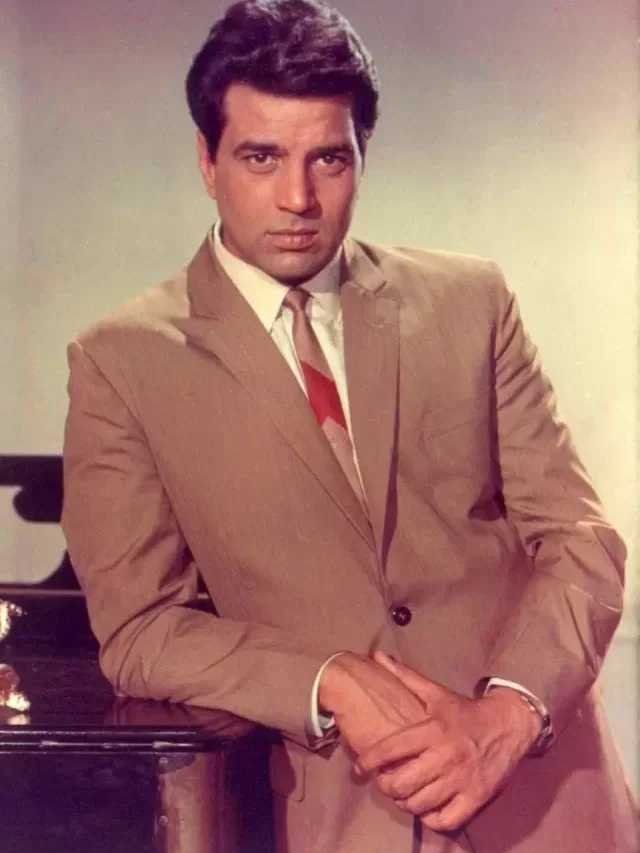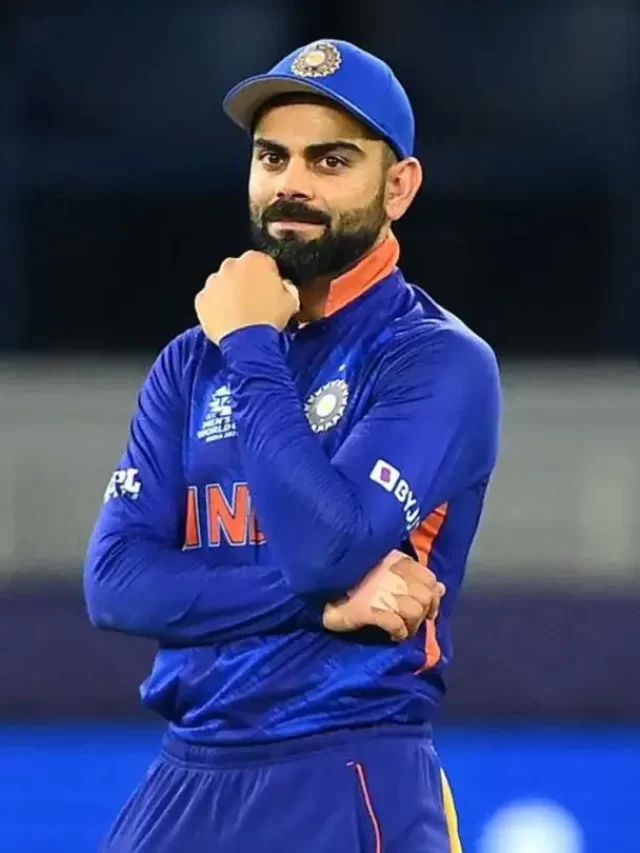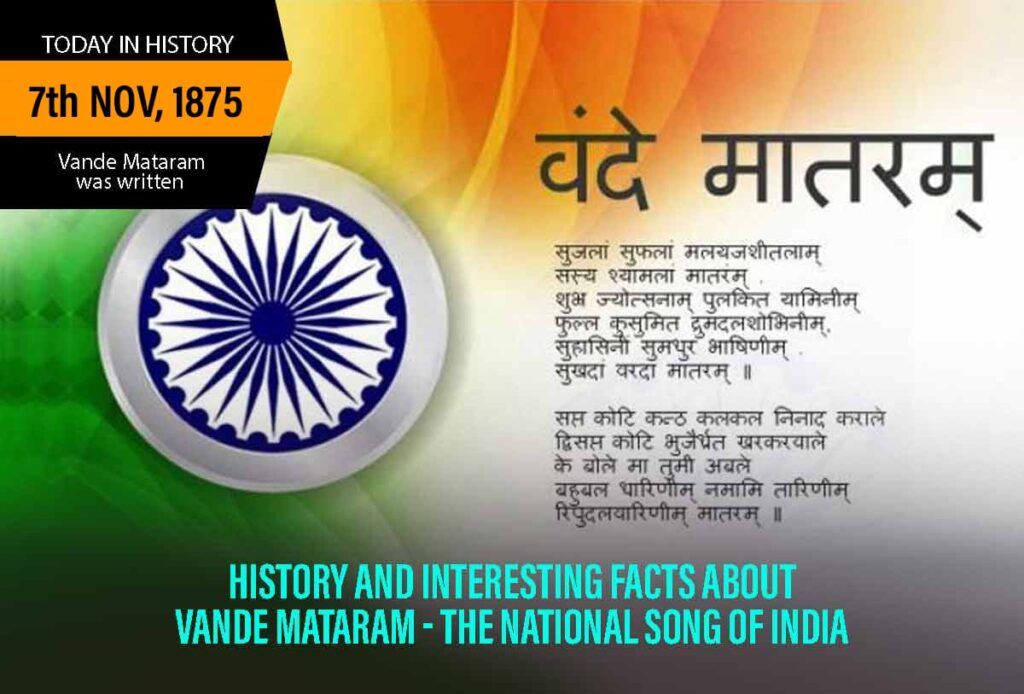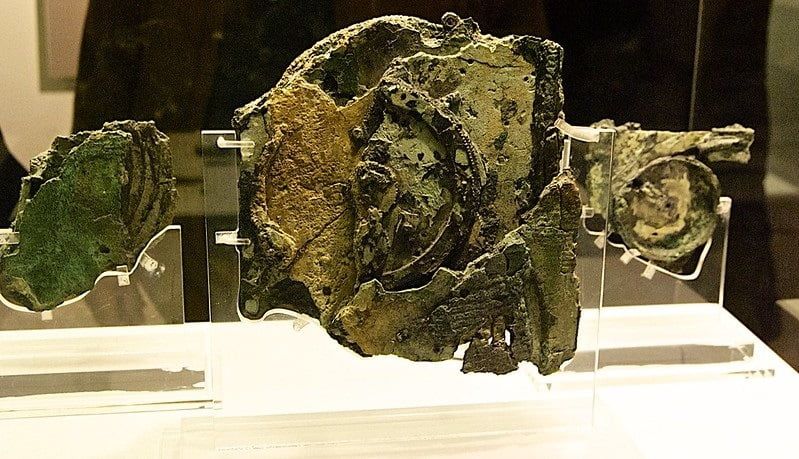Let’s tell you a quick fact about Vande Mataram, the national song of India. It was composed on 7th November 1875. Although the release of the song dates back to such an old time, its importance and significance of it have never wavered in time. Instead, it has made a special place in the patriotic hearts of the coming generation. So what is Vande Mataram meaning and why was Vande Mataram written? We are sure you would want to know the history of Vande Mataram Indian national song and interesting facts about Vande Mataram.
Keep reading to know more about why was Vande Mataram written and the significance of the national song of India.
Vande Mataram Meaning In English
Originally, Vande Mataram meaning is ‘I praise you, Mother!’ The meaning originates from two words derived from the Sanskrit language, ‘Vande’ and ‘Mataram’.
‘Vande’ means to praise, salute or celebrate. Whereas ‘Mataram’ means mother. Here, the word mother is majorly associated with India, one’s motherland. Hence ‘Vande Mataram’. Read more to know the history of Vande Mataram Indian national song as well as some interesting facts about Vande Mataram.
History of Vande Mataram Indian National Song
Who Wrote Vande Mataram?
Vande Mataram, the national song of India was written by Bankim Chandra Chatterjee when he was 37 years old. At that time, Bankim Chandra Chatterjee was the deputy collector in the British Government.

How And When Was Vande Mataram Written?
Vande Mataram was written in the year 1875, on 7th November to be exact. Bankim Chandra Chatterjee wrote the anthem in praise of Mother India, his nation. He wrote it presumably beside the Hooghly River in Chinsurah, West Bengal when the state was in flux and chaotic.
The song was officially published first time in Anandmath, a novel written by Bankim Chandra Chatterjee in 1882. It is believed that the Indian national song, Vande Mataram was an answer to the British anthem, ‘God Save The Queen’.
When Was The National Song Of India First Publicly Sung?
It was Rabindranath Tagore who sang the national song of India, ‘Vande Mataram’ in the annual convention of the Indian National Congress in 1896, two years after Bakim Chandra’s demise. From then on, it became a practice to sing ‘Vande Mataram’ at the beginning of every Lok Sabha and Vidhan Sabha session.
How Was ‘Vande Mataram’ Named The National Song Of India?
After the establishment of the Muslim League in India, the song became controversial due to its religious connotations. However, Jawaharlal Nehru consulted with Tagore and after his assurance, the song ‘Vande Mataram’ was regarded as the national song of India by Indian National Congress in 1937.
It was officially settled by President Rajendra Prasad in a Constituent Assembly meeting and ‘Vande Mataram’ was granted equal status as India’s national anthem and came to be known as the national song of India on 24th January 1950.
Also Read- The National Flag Of India – National Flag Adoption Day, Meaning And Indian Flag Before 1947

Interesting Facts About Vande Mataram – The National Song Of India
Here are some lesser-known and interesting facts about Vande Mataram:
- As per the history of Vande Mataram Indian national song, the song was originally composed in Sanskrit and Bengali.
- It was Jadunath Bhattacharya who was asked to produce a tune for ‘Vande Mataram’.
- The English translation of ‘Vande Mataram’ was done by Nares Chandra Sengupta in 1906.
- A journal by the same name was maintained in Lahore by Lala Lajpat Rai.
- The national song of India, ‘Vande Mataram’, originally has 6 stanzas in total.
- There exists a prose translation of ‘Vande Mataram’ by Sri Aurobindo Ghose in Karmayogin, dated 20 November 1909.
- ‘Vande Mataram’ has over 10 language translations in India.
Also Read- The Cabinet Of Interim Government Of India In 1947 And Nehru Role In Freedom Struggle
Conclusion
The history of ‘Vande Mataram’ and the song is a tale in itself that talks about how an Indian official was intellectually and patriotically inspired to compose such a beautiful and powerful song that became a nationwide cry for freedom later. The song truly proved to have a vital role in India’s freedom.
FAQs
1. Who is the writer of the national song of India?
Bakim Chandra Chatterjee, also known as Bankim Chandra Chattopadhyay, is the writer of the national song of India, ‘Vande Mataram’.
2. Why was Vande Mataram written?
While there is no exact cause known for why was Vande Mataram written, researchers believe that the unrest of Bengal and Chatterjee’s observation of Goddess Durga’s skull garland-clad idol momentarily inspired him to write the song, to counter the national anthem of British rule back then.
For more related articles, Visit Discover












